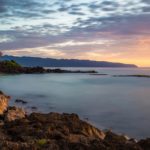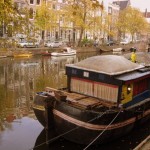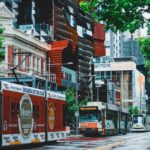From A European Communist Country To Cuba
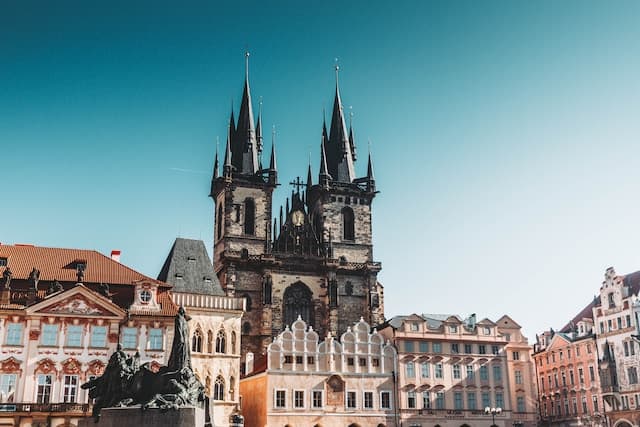
I was in Cuba in February, 1975. Like my native Czechoslovakia, Cuba was a communist country. So unlike other travels abroad, it was easy to get a permission to go.
As a child, I thought communism was great. At school, I was fed with communist propaganda which my parents did not dare to correct. I was a chatterbox and telling me the truth would have been dangerous. I used to imagine the West as a country full of poor homeless people and fat bourgeois factory owners — smoking fat Cuban cigars, ironically!
My image of Cuba was a wonderful tropical island with people living well and in equality, where race didn’t matter. A country which was a friend to us and the Soviet Union. I loved the Soviet Union, a country I have never seen. Why? I was told to love it. In fact “not loving Soviet Union enough” could cost people jobs, placement at university, etc. Not only for them, but also for their children. It seemed that political unreliability was genetic!
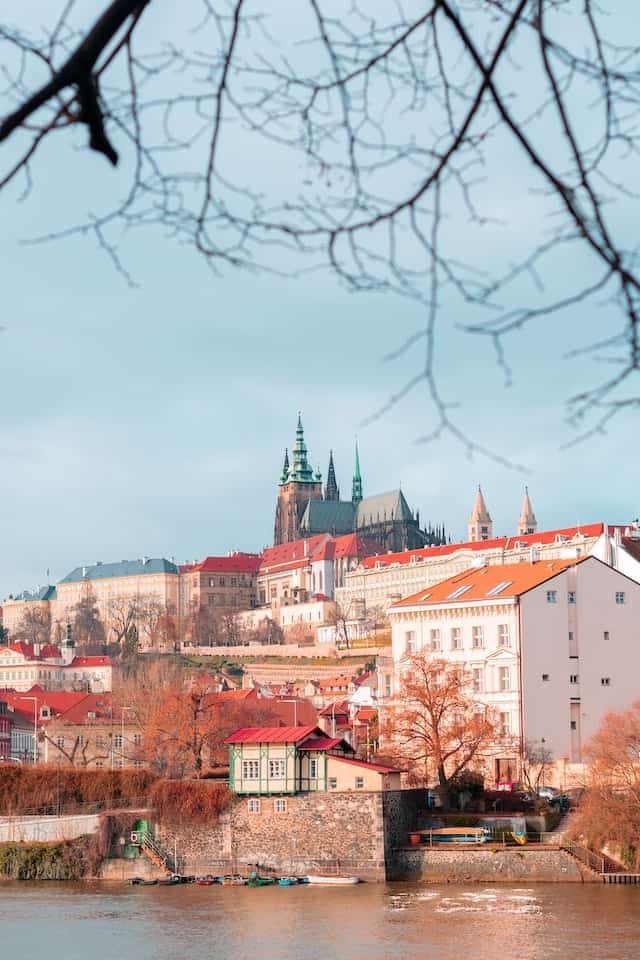
At compulsory May Day parades, I used to chant with the others in a sing song “Cuba si, Yankee no, neproda svou kuzi lacino” – doesn’t sell its skin cheaply – meaning in a Czech rhyme that they are not going to be conquered by the USA. I didn’t know what Cubasijankino as we pronounced it meant. I shouted it anyway.
I loved the Soviet Union, a country I have never seen. Why? I was told to love it.
In 1964, when the political situation in Czechoslovakia got better I visited the West for the first time. I was 11. My communist indoctrination took a beating. No starving people, no fat capitalists with cigars, beautiful shops full of things I have never seen, but what convinced me completely were the colourful plastic drinking straws. We only had real straws in Prague. The Austrian waiters were amused by my enthusiasm, and often, instead of just giving me one straw for my drink, they gave me the whole box. I brought the straws back as gifts to my friends.
Times became easier and TV and books criticised the regime, especially the fifties. In 1968, Soviet bloc armies invaded my country, and my love for communism was gone for ever. By 1975, I no longer loved communism or the Soviet Union. However, my image of Cuba was something like Czechoslovakia only with nicer weather.
Well, it wasn’t.
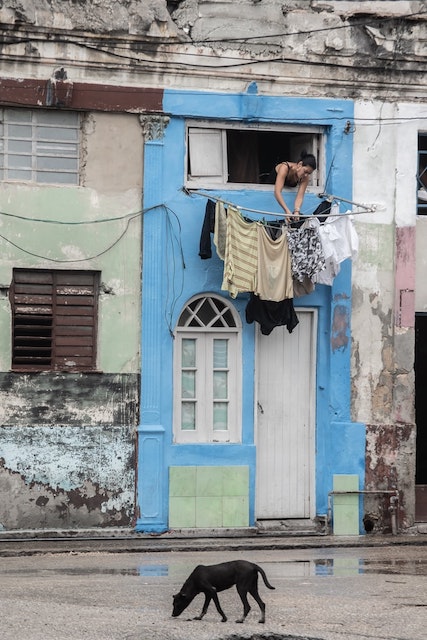
We arrived in Havana with a transfer through Montreal. There was a bit of an upheaval, because two of the Czech tourists locked themselves in the toilets and shouted that they are asking for political asylum in Canada and want the Canadian border guard to rescue them. We were watching our tour guide and another person (most likely a Czech secret policeman) arguing with the Canadian police who escorted those two from transit to Canada.
Don’t stare, there will be some secret police among us.
Exciting! Like in a thriller, I thought!
My mum was sweating and shaking. “Don’t stare, there will be some secret police among us. “She whispered it so quietly I asked her to repeat it. She made a face and repeated herself.
When our plane landed in the Havana airport, the custom border control checked everybody’s luggage. Three young Swedes had their sausages and cheese and biscuits confiscated. No food allowed. Hygienic reasons. That rule seemed rather ridiculous when we all saw the Cuban border control officer biting into the confiscated sausage and cheese. He didn’t even wait until he was out of sight.
Our accommodation in Havana was at the National, where Hemingway used to stay. Beautiful hotel, but in decay. The large American bath towels (I have never seen towels as big as these) had holes in them. The furniture and the tiled bathrooms needed repair. There was something wrong with the dining room air-conditioning, it was so cold that we all ate with our winter coats on.
Like the hotel, Havana was falling apart.
Like the hotel, Havana was falling apart. Houses had peeling paint, roads were full of rusty huge 30-year-old American cars, like the towels, remains of the pre-Fidel Castro era. There were no shops, just places were the Cubans were queuing to exchange their ration coupons for food. Long queues. We also never saw any Cuban money.
They gave us a piece of empty paper with our name and passport number and a sum of Cuban pesos that we bought written on the top of the page. Whenever we spent money in hotel tourist shops or for drinks (meals were included in the tour package) it was deducted. The waiters wrote the sum below the number above and deducted it. When they hit 0, there was no money left. So I don’t even know what the pesetas looked like. Did they exist?
The staff in the hotels looked scared. I spoke German, French, English and Russian, but when I started a conversation with any of the locals, they made an excuse and left. Being a tour guide, bus driver or waiter were considered to be good jobs. They didn’t want to risk it by talking to somebody from the West, or from the recently contra revolutionary Czechoslovakia.
After two days, our tour bus drove us to Varadero — a nice beach resort, and later to Santiago de Cuba, a white historic town, and to another resort in the south of the island. Even a horrible communist regime can’t spoil the beaches, the white sand, the warm blue sea, the flowering trees.
What did spoil the holiday were the blackouts.
What did spoil the holiday were the blackouts. At least twice a day. My parents complained when they had to climb to the 14th floor in the hotel – the lift was unfortunately not being pulled by donkeys, it needed electricity.
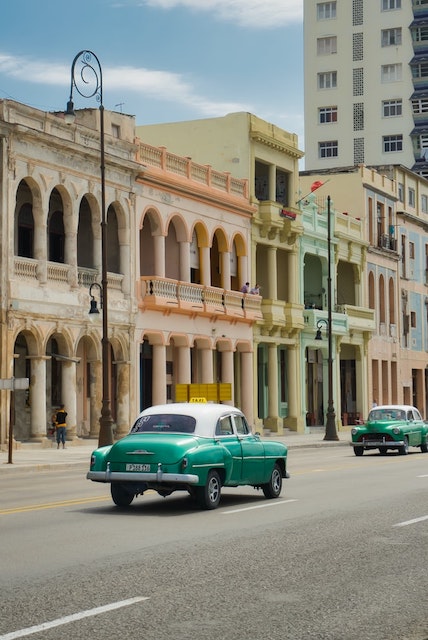
Driving through the countryside was strange and beautiful, it looked like prehistoric landscape. Every minute, I expected to see a Tyrannosaurus among those Fern trees. Occasionally, we glimpsed a sign of advanced communist agriculture. Cane fields had only the odd cane plant and most of the field was barren.
We were constantly told how wonderful the healthcare and schools were. I didn’t see a hospital, but we visited a school. A special school for children of the communist party elites. At first, it looked like a normal school. Until they told us that the nine-year-old kids work for five hours in the fields, and then have five hours of teaching. What were the schools for non-privileged children like? And no wonder we hardly saw any proper fields — nine-year-olds don’t make very good farmers.
The flight back was changed. They made it a direct flight from Havana to Prague. Not everybody was pleased.
I couldn’t sleep at night, so I read on the balcony. A young Czech couple on the other balcony didn’t see me. They were arguing, she was crying. “We should have left at the Montreal airport before the trip. Like those people in Montreal transit. But no, you wanted to enjoy the holiday here before. Now we are going to enjoy life in fucking Prague again, probably for ever. We sold everything, what are we going to do?”
We sold everything, what are we going to do?”
She didn’t say anything, she was just sobbing.
Suddenly I wanted to emigrate, too. I had seen enough of communist country life in my 21 years.
It took me another 11 years. I emigrated to England in 1986. Czechoslovakia stopped being a communist country in 1989. Cuba still is. I am sure there have been many changes. Fidel Castro is dead. The economy is a hybrid between capitalist and communist. Maybe the sugar cane fields now have rows of plants instead of just the odd plant surrounded by dry cracked soil. But I heard there are still blackouts.
So if you go to Cuba, insist on a lower floor in the hotels. Just in case you are not fit enough to climb 14 flights of stairs on your way from dinner. And pack an extra jumper and warm socks, just in case the hotel air-conditioning still makes the temperature in the room 12 degrees Celsius.


